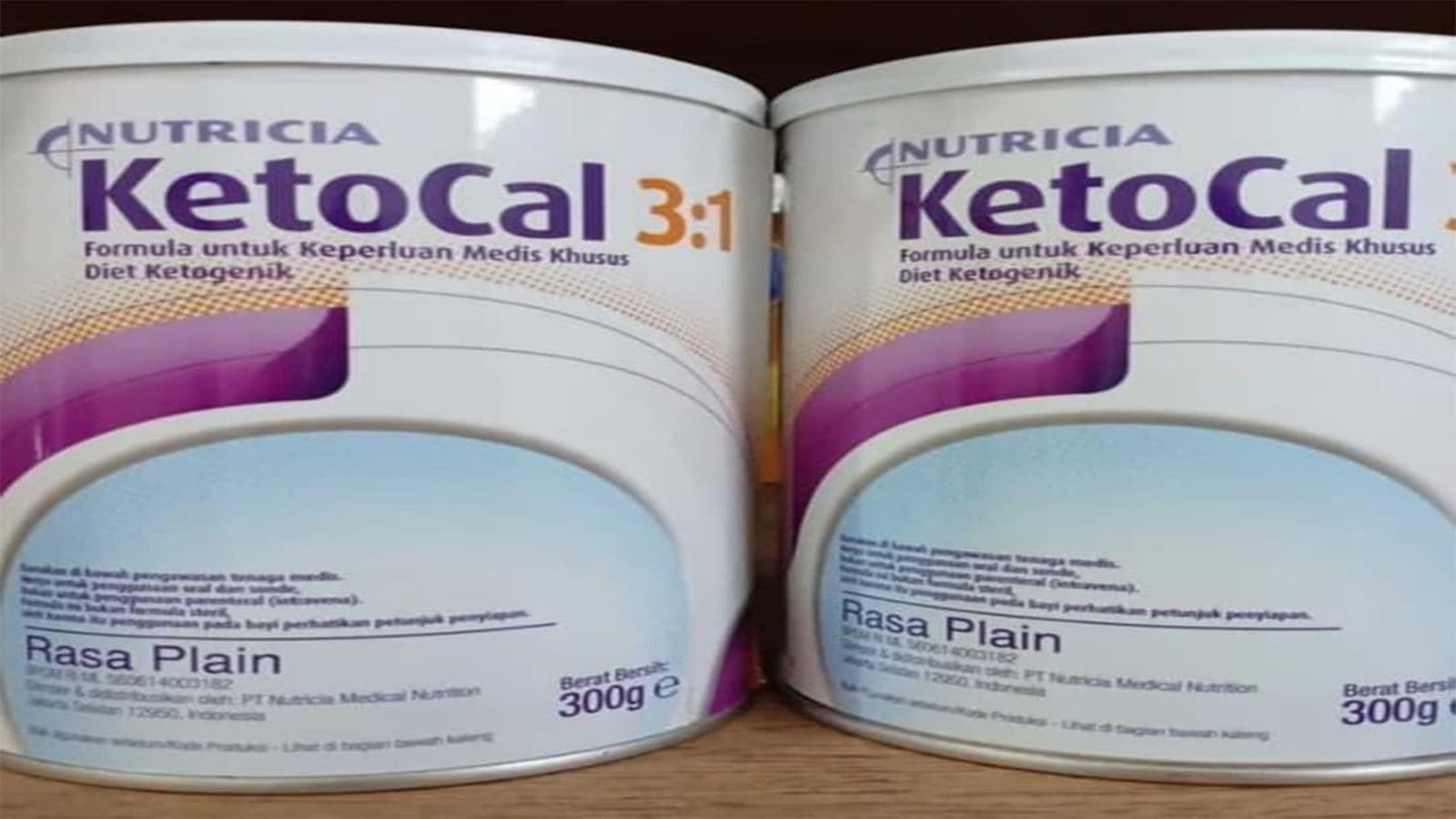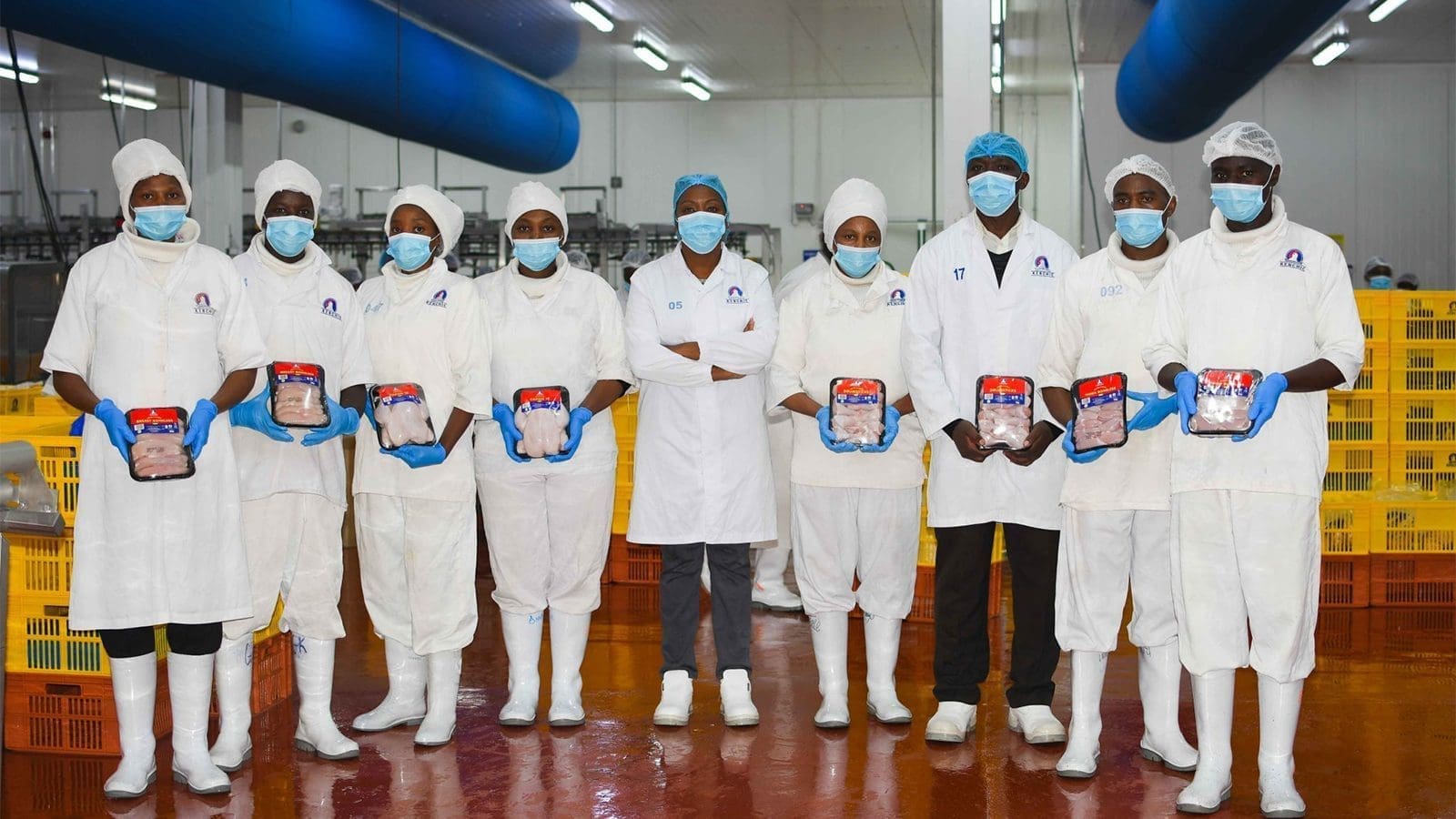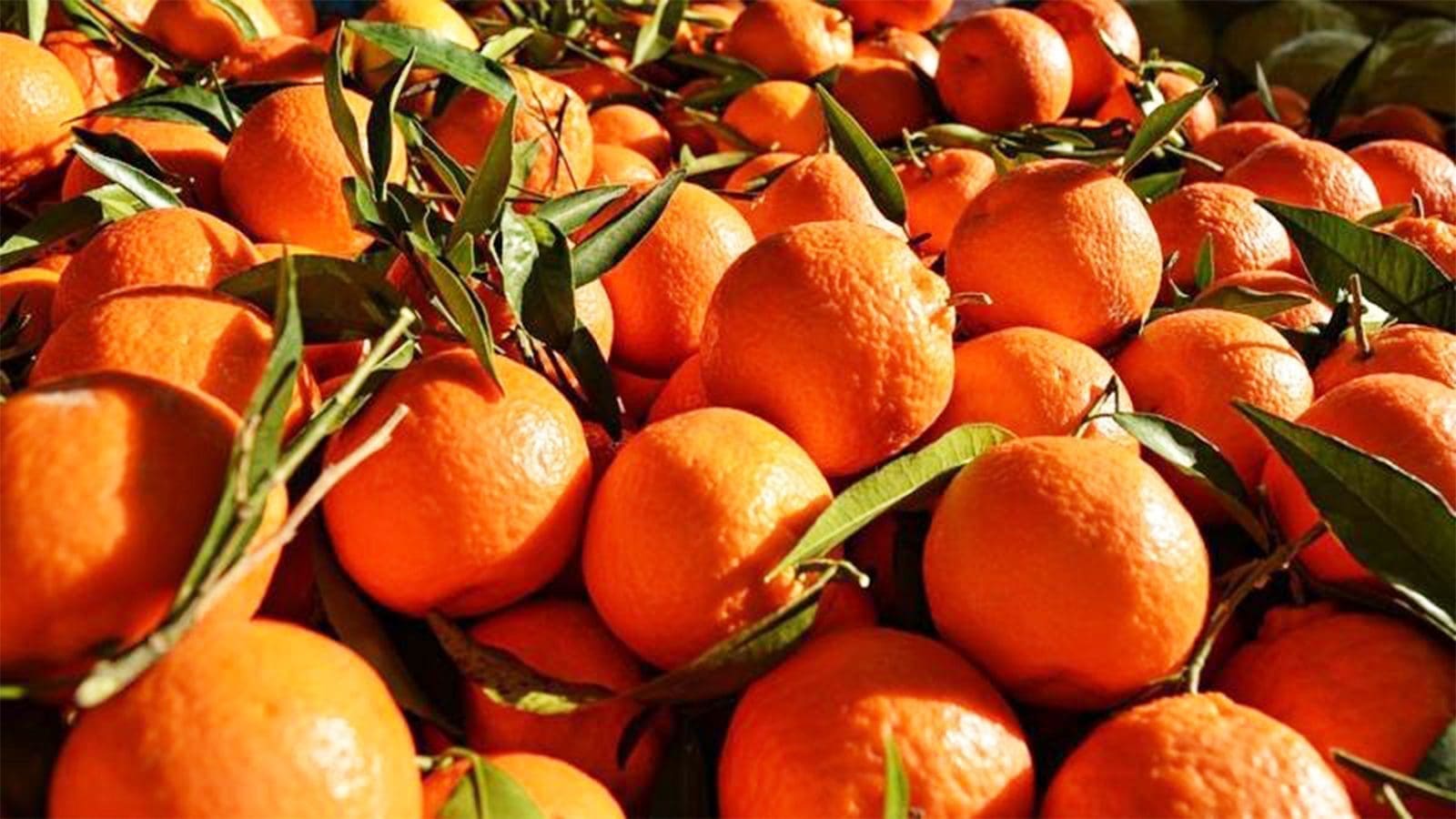AUSTRALIA – Danone, a world leading food company, is looking into the contamination of its Nutricia infant formula after tests by customs officer turned out positive for Cronobacter spp.
The implicated formula is a specialist product not bought to most people however accessible below prescription for youngsters with particular dietary wants.
Affected tins are a batch of KetoCal 3:1, batch number 101101598 with best before July 8, 2023. As many patients have no alternative feeding option, Nutricia has provided advice to consumers on how to make the product safe.
Nutricia, a Danone brand that specializes in therapeutic food and infant formula, including medical nutrition for babies with specific needs, recommends making ready the affected batch of KetoCal 3:1 by changing cool water with water at a temperature of 800C.
Fresh water needs to be boiled for 5 minutes and allowed to cool to 800C , taking about 4 minutes and measured with a sterilized thermometer, which the company has offered to provide.
Before feeding the baby, people have been counselled to test the formula’s temperature by putting a few drops on the inside of their wrist. It should feel warm, not hot.
They were also told to wash hands with soap and water prior to preparing the infant formula and to clean surfaces such as countertops and sinks, with soap and water, or use a disinfectant wipe or paper towel sprayed with a cleaning product.
In a letter to healthcare professionals, Nutricia said it was committed to providing customers with the highest quality medical nutrition items and that all products undergo rigorous testing before being released for sale.
Nutricia said there is currently only around 600 tins of the affected batch available in Australia and the next shipment of 800 tins from this batch was due around May 23. A new batch from Europe has been ordered with the expected arrival being May 7.
Cronobacter infection in infants usually start with a fever and poor feeding, excessive crying, very low energy or a grunting sound while breathing. Some may also have seizures.
“If your child develops these symptoms, take them to a doctor as soon as possible. Those more likely to get sick from Cronobacter infections include infants 2 months and younger, those born prematurely or with weakened immune systems, such as those undergoing chemotherapy,” advised the company.
In addition, parents and caregivers were directed not to change or stop their child’s formula without consulting their specialist pediatrician, neurologist, metabolic physician or dietitian.
KetoCal 3:1 incident marks the second case of Cronobacter contamination in infant formula identified in Australia in 2022.
Various products manufactured by Abbott Nutrition including batches of EleCare, Similac and Alimentum were recalled in February following illnesses and two deaths in infants who consumed the products in the United States.
Food Safety News indicates that no cases were recorded in Australia. The Abbott products were available nationally through prescription at pharmacies, hospitals and via direct mail order.
Liked this article? Subscribe to Food Safety Africa News, our regular email newsletters with the latest news insights from Africa and the World’s food safety, quality and compliance. SUBSCRIBE HERE








